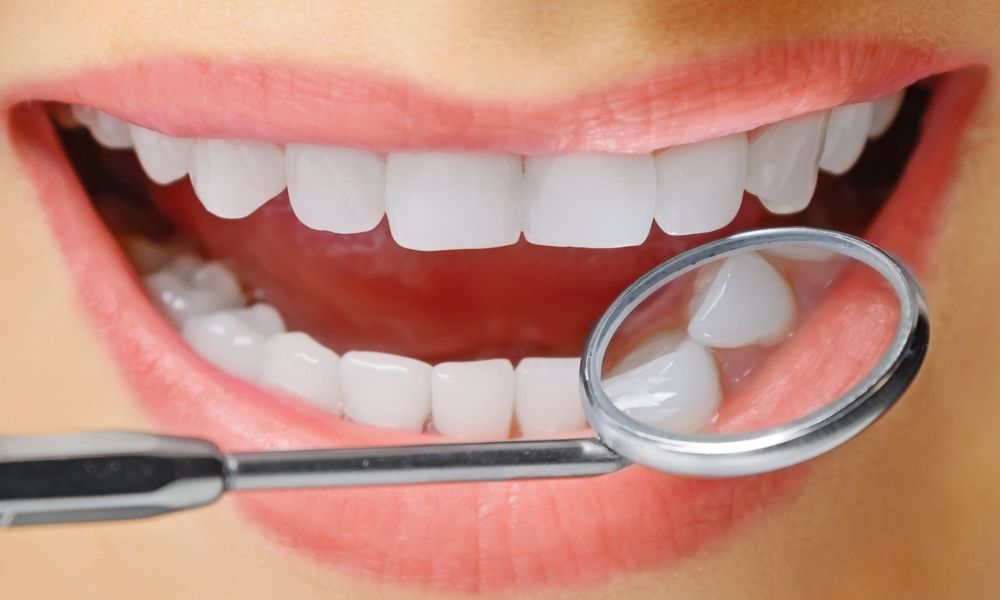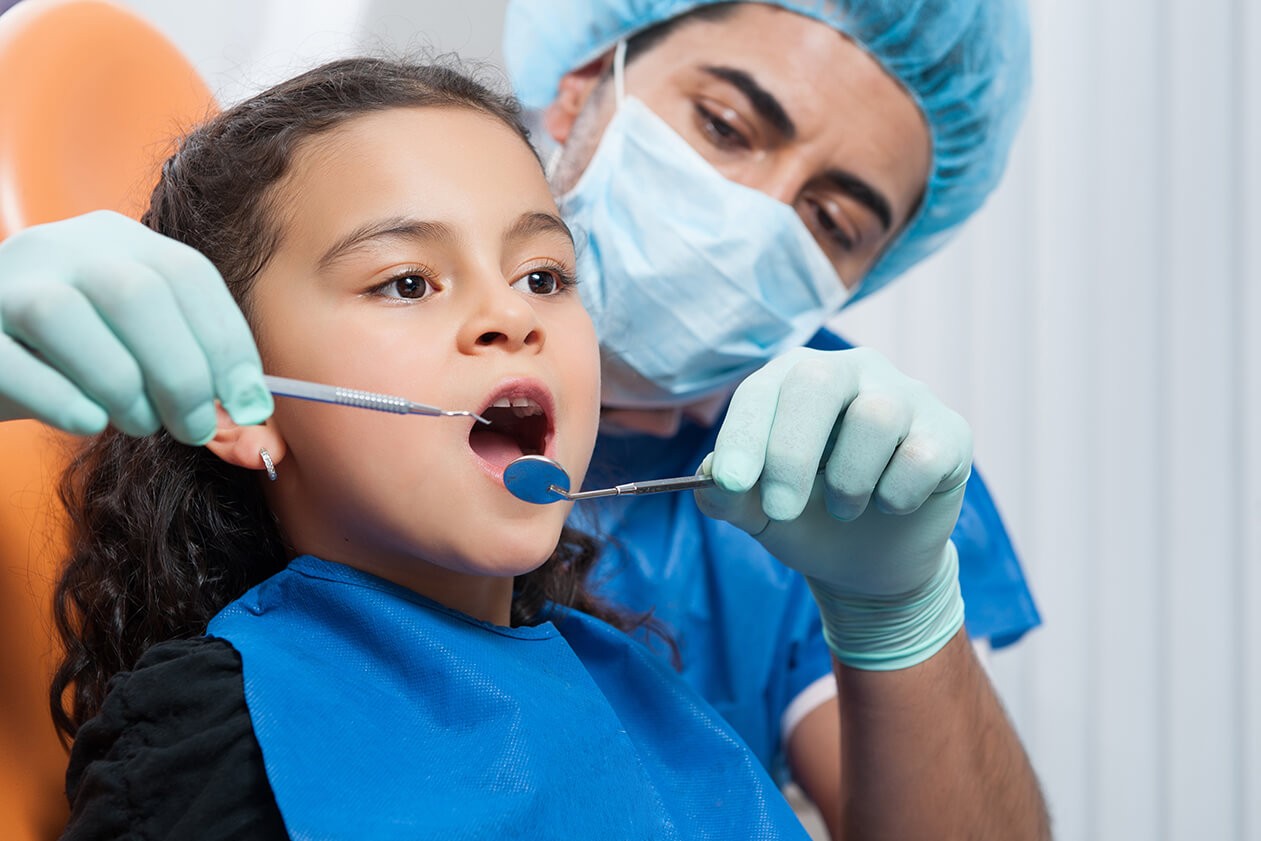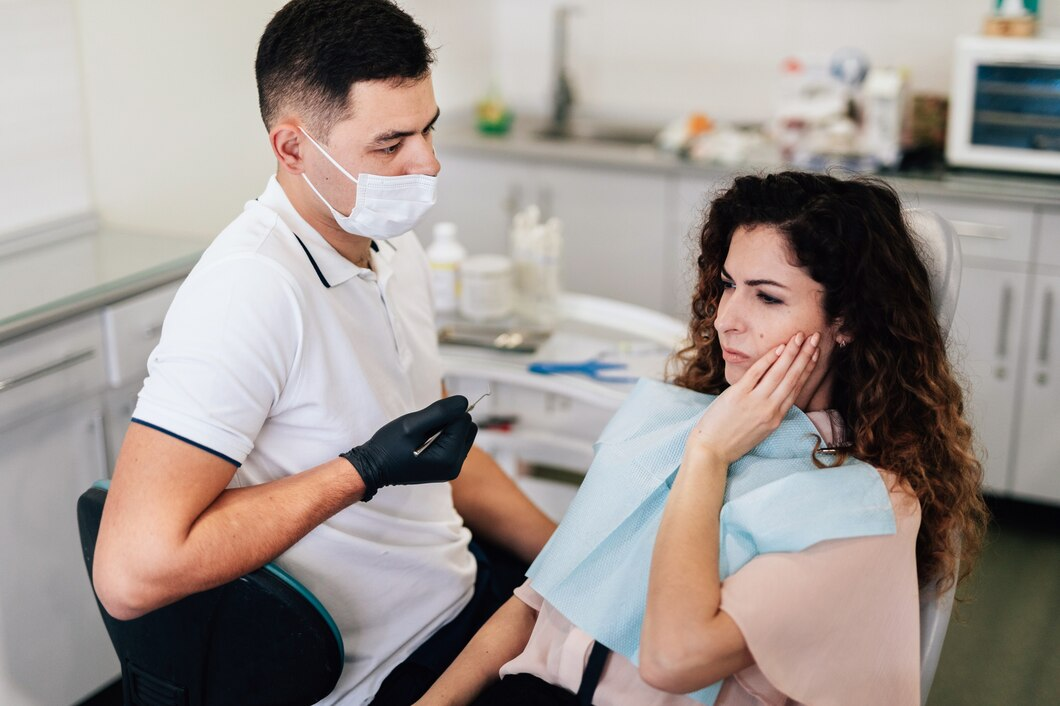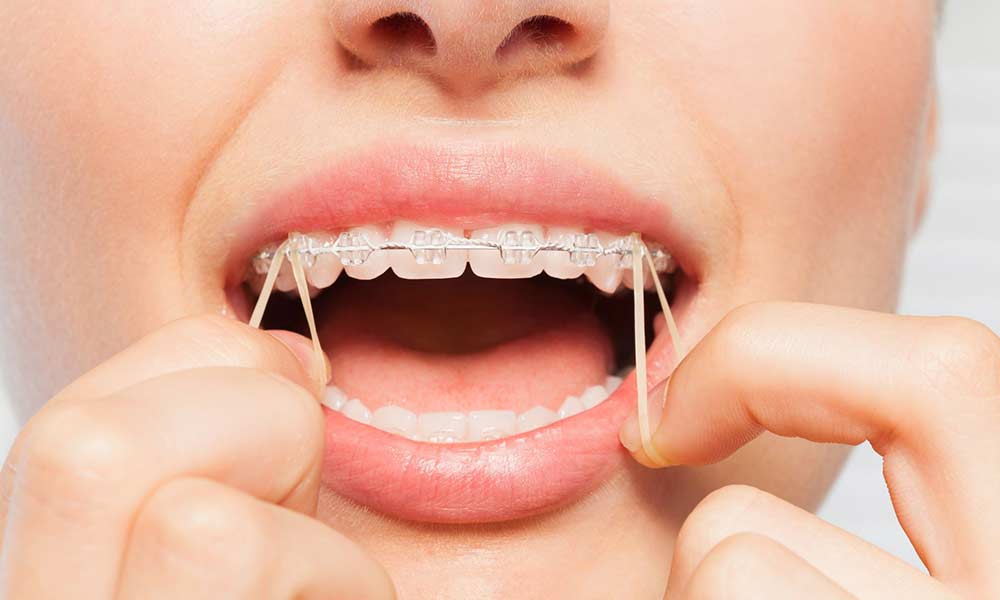Dental emergencies can feel overwhelming. A sudden toothache or an unexpected injury can disrupt your day. Understanding how to manage these situations is crucial for your overall dental care. Emergency dentistry plays a vital role in addressing urgent needs. It helps to alleviate pain and prevent further complications. Knowing what to do when dental issues arise can make all the difference.
Recognizing Dental Emergencies
Not every dental issue requires immediate attention. However, some situations do. Severe tooth pain is a common sign that something is wrong. It can stem from cavities, infections, or other serious conditions. A knocked-out tooth is another urgent scenario. Time is of the essence in these cases. The faster you act, the better your chances of saving the tooth. Other emergencies may include a cracked tooth, bleeding gums, or swelling in the mouth. Recognizing these issues early can guide you toward appropriate care.
Finding the Right Emergency Dentistry Provider
When faced with a dental emergency, finding the right provider is essential. Not all dental offices offer emergency services. It’s wise to research local practices in advance. Look for providers that specialize in emergency dentistry. They should have flexible hours and a quick response time. Check reviews and testimonials. A good reputation can provide peace of mind when you need it most. If you don’t have a regular dentist, consider calling local clinics to ask about their emergency protocols.
Immediate Steps to Take
Once you’ve identified a dental emergency, act quickly. If a tooth is knocked out, handle it by the crown, not the root. Rinse it gently in water if it’s dirty, but do not scrub it. Place it back in the socket if possible. If not, keep it moist in milk or saline. For severe pain, over-the-counter pain relief can help until you see a dentist. Applying a cold compress to the affected area can reduce swelling. These initial steps can provide relief and protect your dental health.
Long-Term Care After an Emergency
Emergency dentistry is just the first step. After the immediate crisis is resolved, focus on long-term dental care. Schedule a follow-up appointment with your dentist. They will assess any damage and discuss further treatment options. Regular check-ups are crucial for maintaining dental health. Preventive care can help identify issues before they escalate. This includes professional cleanings, exams, and addressing cavities promptly.
Implementing good oral hygiene practices at home is equally important. Brush twice a day and floss daily. Consider using an antibacterial mouthwash. These habits can significantly reduce the risk of dental emergencies. A balanced diet also supports oral health. Limit sugary snacks and drinks, opting for fresh fruits and vegetables instead.
Building a Relationship with Your Dentist
A strong relationship with your dentist can make navigating emergencies easier. Choose a dentist you trust and feel comfortable with. Discuss any concerns or questions you may have during your visits. Being proactive about your dental care can lead to better outcomes. Your dentist can provide personalized advice based on your needs.
Conclusion
Navigating urgent dental needs is essential for maintaining long-term care. By recognizing emergencies and knowing how to respond, you can protect your oral health. Emergency dentistry provides immediate relief but remember to focus on prevention. Building a solid relationship with your dentist is key. Together, you can work towards better dental health. Being proactive in your care will help you avoid emergencies in the future. Prioritize your dental well-being and embrace a lifetime of healthy smiles.






